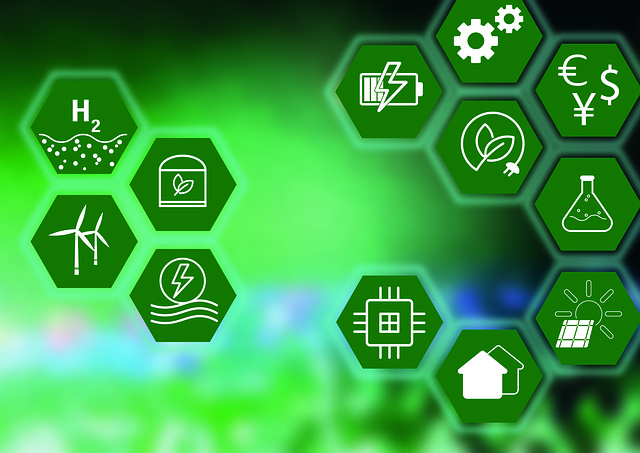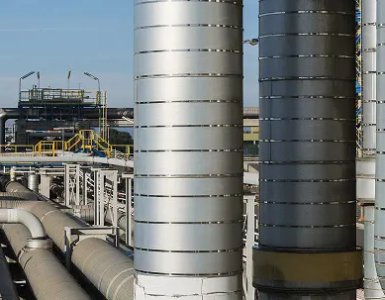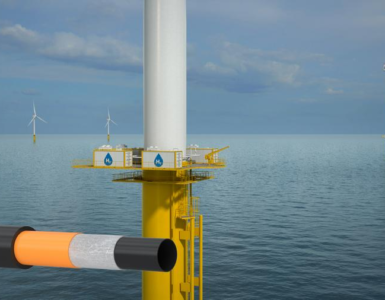Annual Evaluation of Fuel Cell Electric Vehicle Deployment & Hydrogen Fuel Station Network Development.
Background
California’s Assembly Bill 8 (AB 8; Perea, Chapter 401, Statutes of 2013) provides the Energy Commission with up to $20 million annually through the end of 2023 to co-fund the development of hydrogen fueling stations in California. The Energy Commission has used competitive grant solicitations to provide these funds to station developers since 2014. As required by AB 8, the California Air Resources Board has advised the Energy Commission on the use of these funds through a series of annual evaluations. AB 8 requires that these reports provide analysis of current and projected future fuel cell electric vehicle deployment and hydrogen fueling station development and identify needs for further hydrogen station network development. These recommendations center around the location, daily fueling capacity, and technical requirements of stations to receive Energy Commission co-funding.
What’s New in 2023?
California has previously demonstrated the potential of hydrogen as a zero-emission vehicle fuel option, showcased with the nation’s most robust hydrogen fueling network. Still, there are many challenges and vulnerabilities in the industry, particularly evident in the past year. Some progress has slipped in the past year, especially station economics, prices paid by consumers at the pump, the pace of new station development, and the rate of procuring renewable and low-carbon hydrogen for sale at retail stations.
Developments in the last half of 2023 have significantly altered the outlook for future progress. Co-funding for 100 hydrogen fueling stations was met well before the Clean Transportation Program’s previous sunset date of January 1, 2024. Station developers previously expected 100 or more stations open by the end of 2023; now all signals show that 2025 is the earliest that can be achieved. Some station developers have cited economic and political uncertainty, which may have contributed to the recent cancellation of nearly one-third (51) of the tracked station development projects. These developments currently leave California without a clear pathway to 200 hydrogen fueling stations by 2025, though there is potential for future progress through extended funding provided by AB 126 (Reyes, Chapter 319, Statutes of 2023) and the newly awarded ARCHES hydrogen hub in California.
The challenges facing California’s hydrogen fueling network and broader fuel cell electric vehicle sales are significant and must be resolved to successfully launch the industry and eventually achieve the goal of financial self-sufficiency. However, experience shows that challenges can be met and overcome. Public and private partners have historically worked closely to launch the hydrogen fueling market in California. These partnerships will be integral to overcome the barriers of operating and growing the state’s hydrogen fueling network.
Read the report’s executive summary for a high-level overview of 2023 developments and the key findings from CARB staff’s analyses of the FCEV market and refueling network.
READ the latest news shaping the hydrogen market at Hydrogen Central
Annual Evaluation of Fuel Cell Electric Vehicle Deployment & Hydrogen Fuel Station Network Development. source









